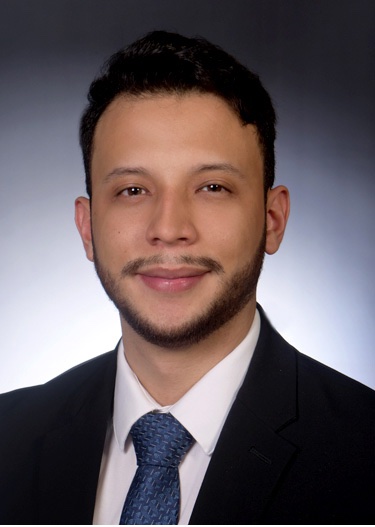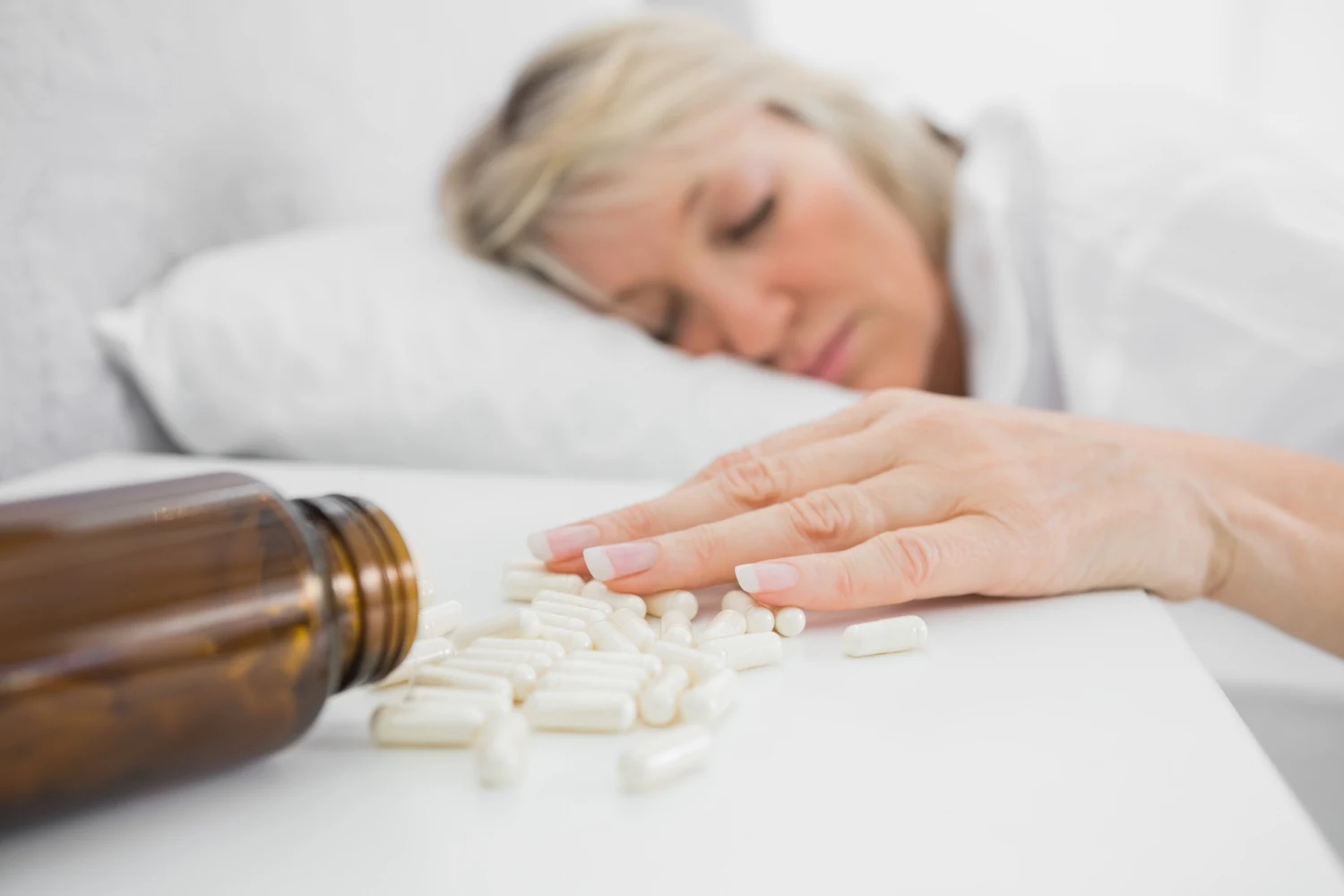789 Best Alcohol & Drug Rehabs in Ohio 2024
Located in the heart of the country's old industrial belt, Ohio is a beautiful state with a population of around 11 million people. Despite Ohio’s strategic location and extensive natural resources, the state faces significant challenges related to substance abuse disorders. Ohio has experienced significant negative impacts from addiction on its communities, making it essential for individuals with substance use disorders to have access to the necessary recovery resources. Fortunately, Ohio has a variety of rehab facilities designed to help people overcome addiction and reclaim their lives.
Understanding the options available at rehab centers is essential for achieving recovery goals. Seeking help is the first step to achieving sobriety, but it's equally important to understand the different types of facilities, services, and treatments available. This article aims to introduce you to these options and provide relevant statistics to help you make an informed decision and guide your journey towards recovery.
Ohio has outstanding rehab centers that help thousands of people to recover from addiction and mental health problems. These rehab facilities offer different services that adjust to the complex needs of each individual. They are specifically designed to provide personalized care in a supportive setting to help individuals achieve long-term sobriety. Some of the best rehab centers in the state of Ohio are:
789 Treatment Centers in Ohio, US


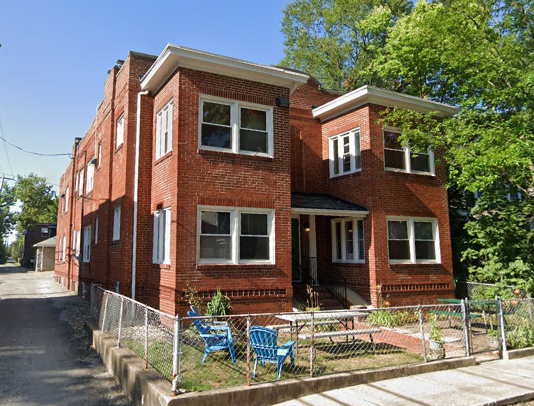
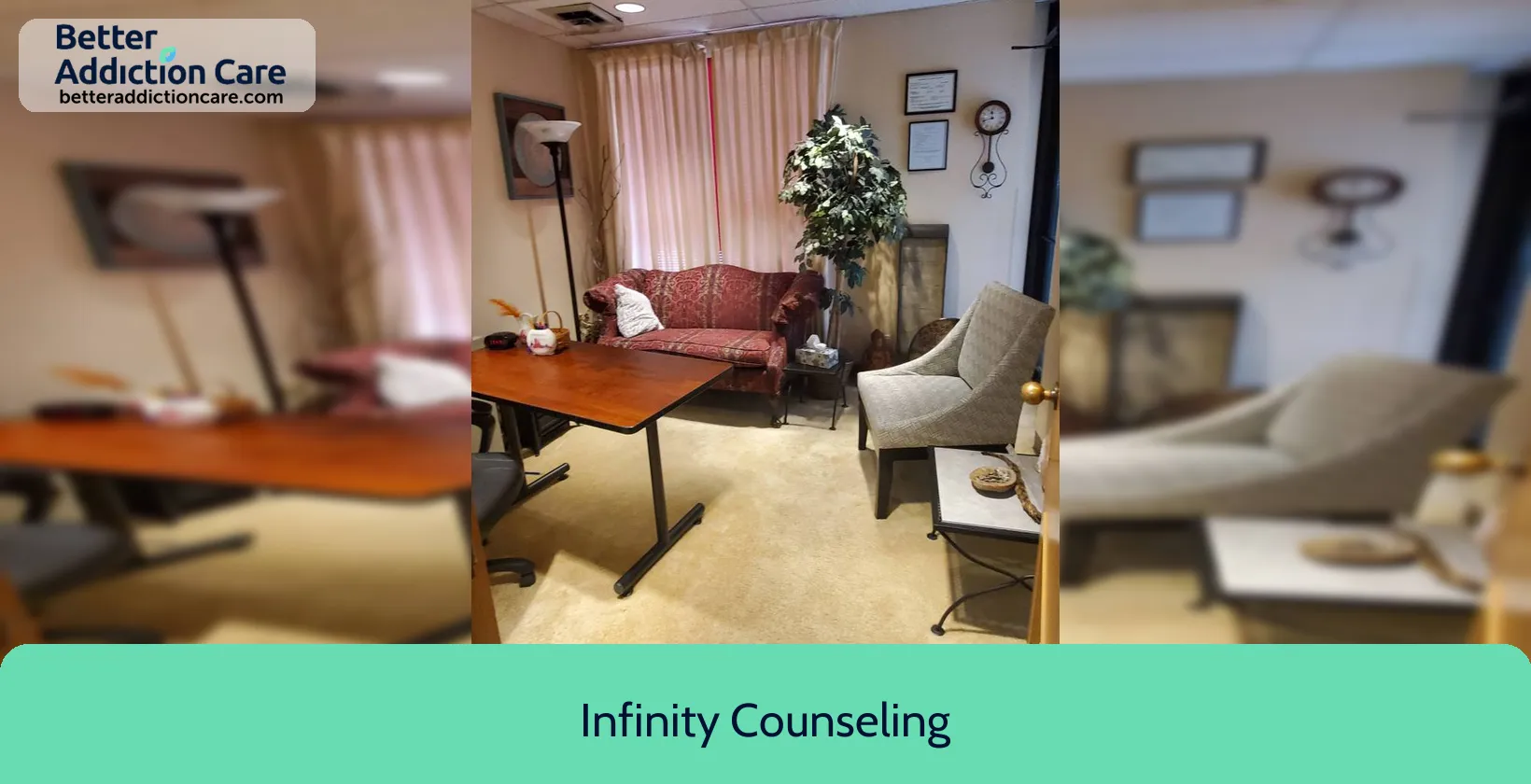



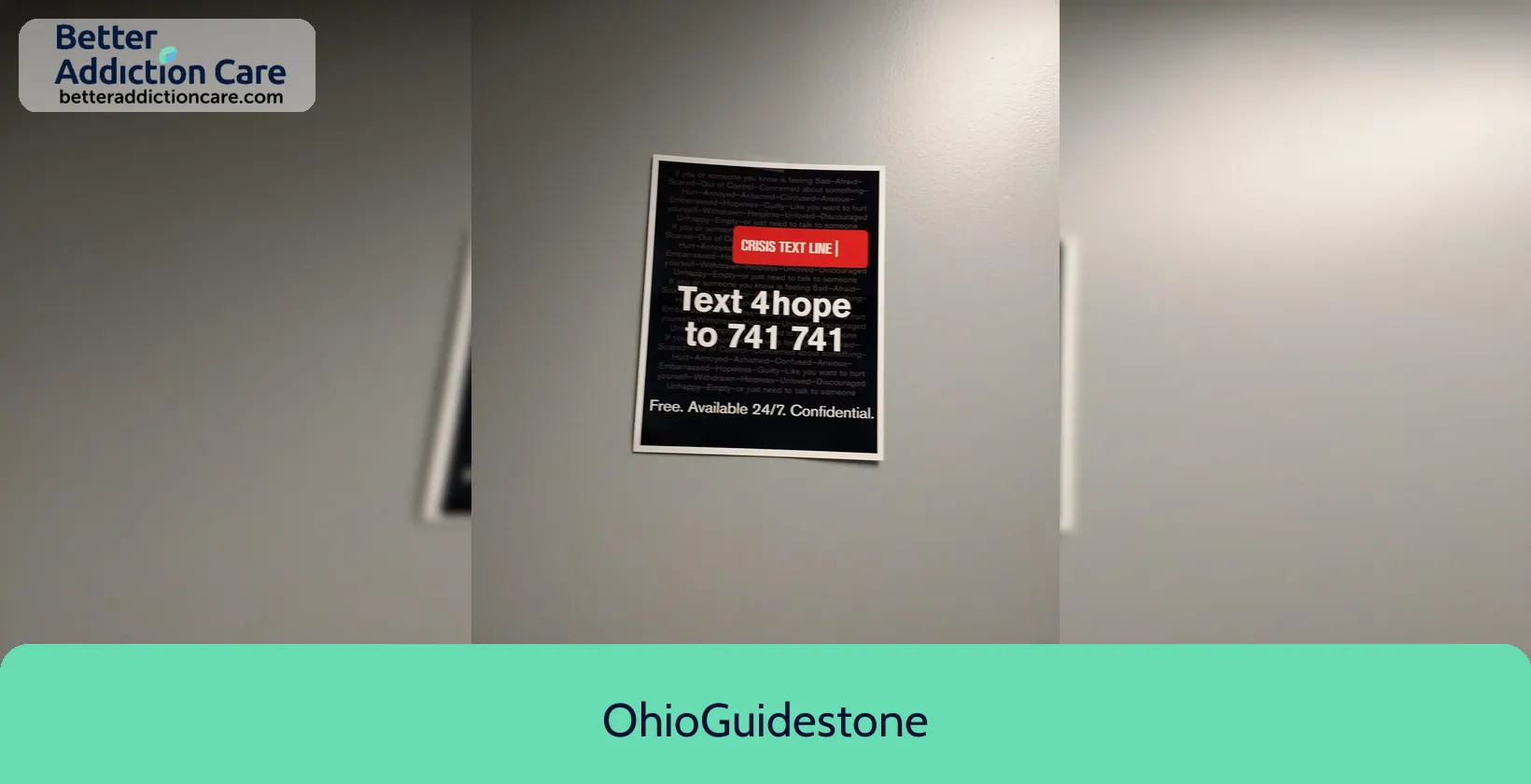

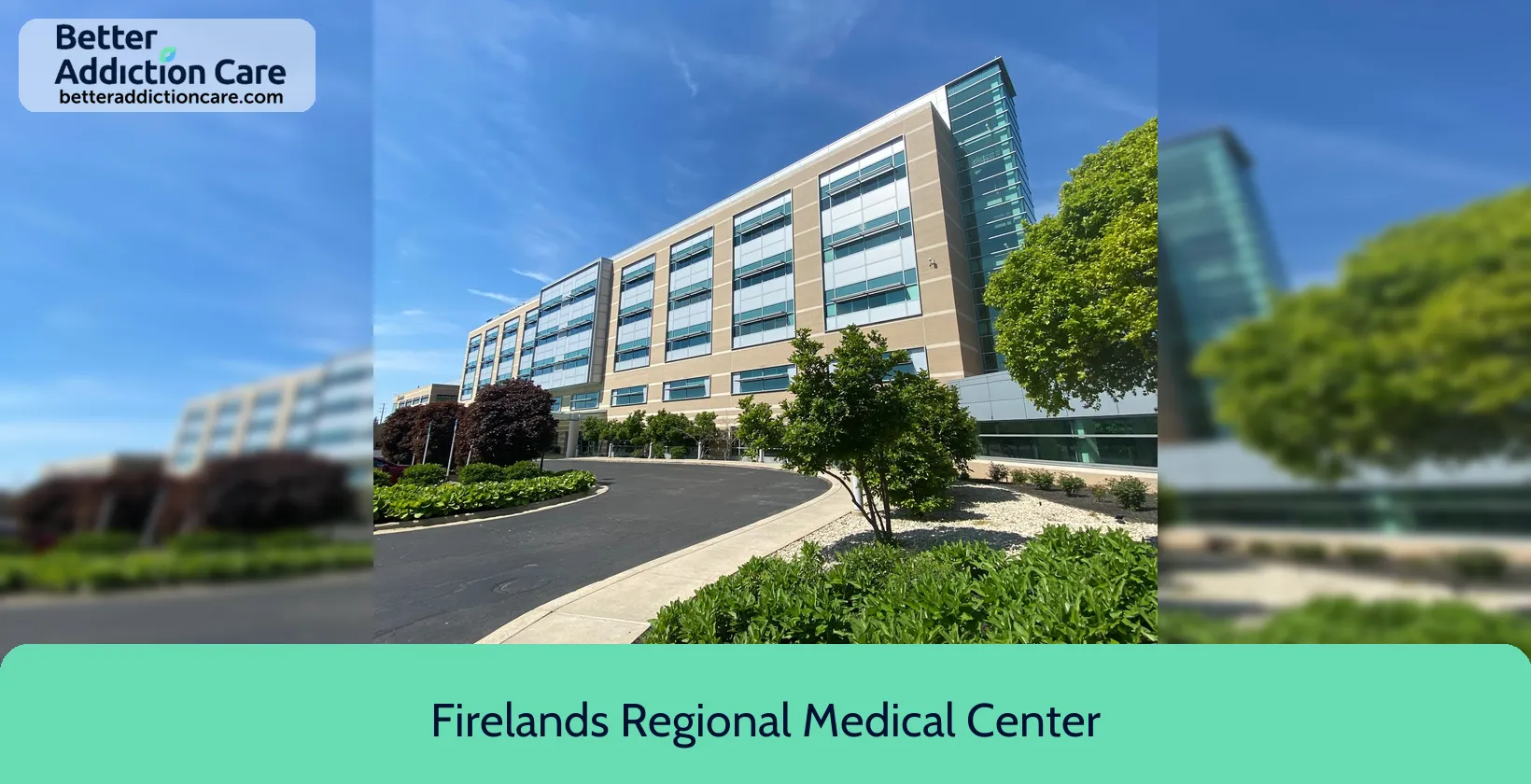
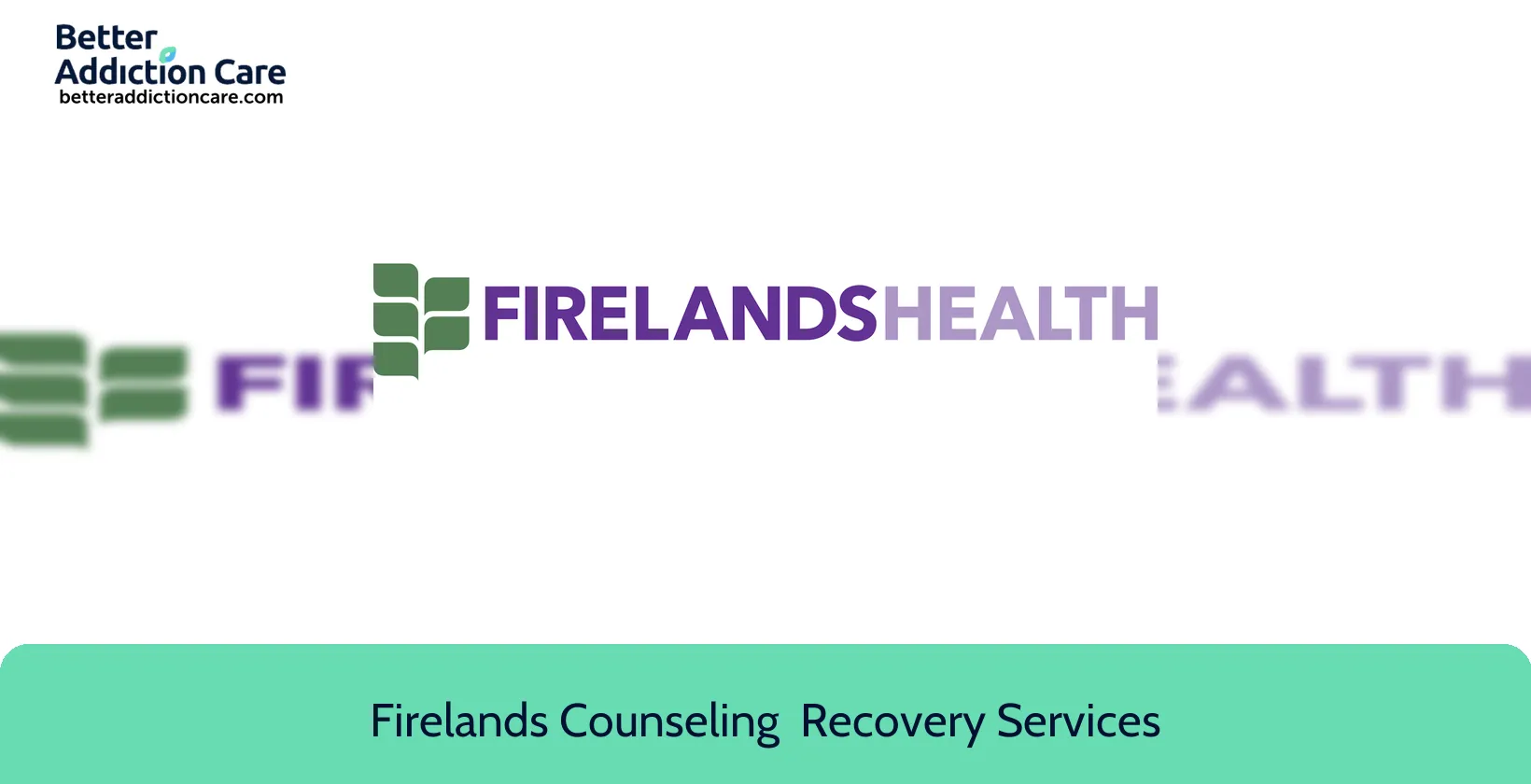
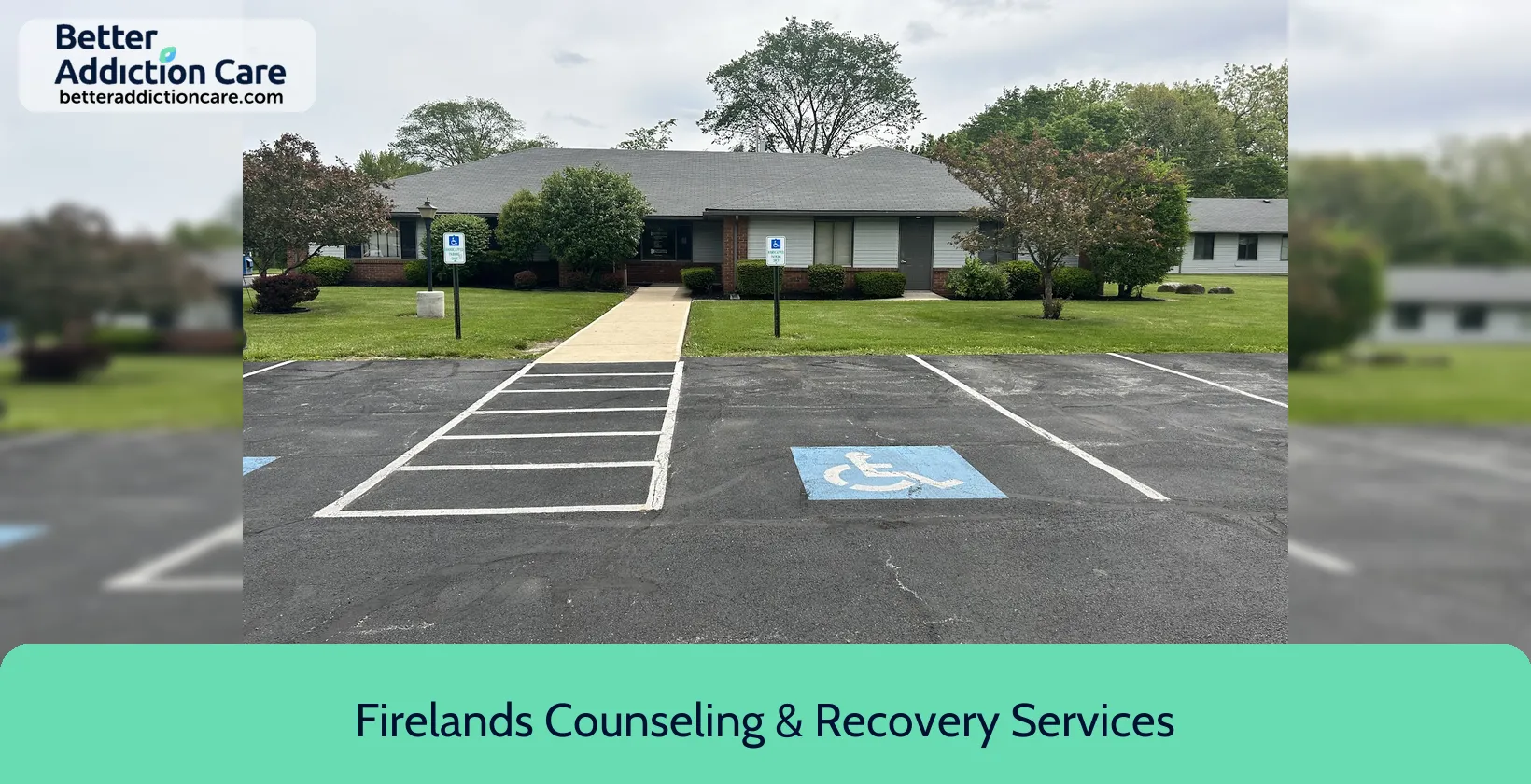

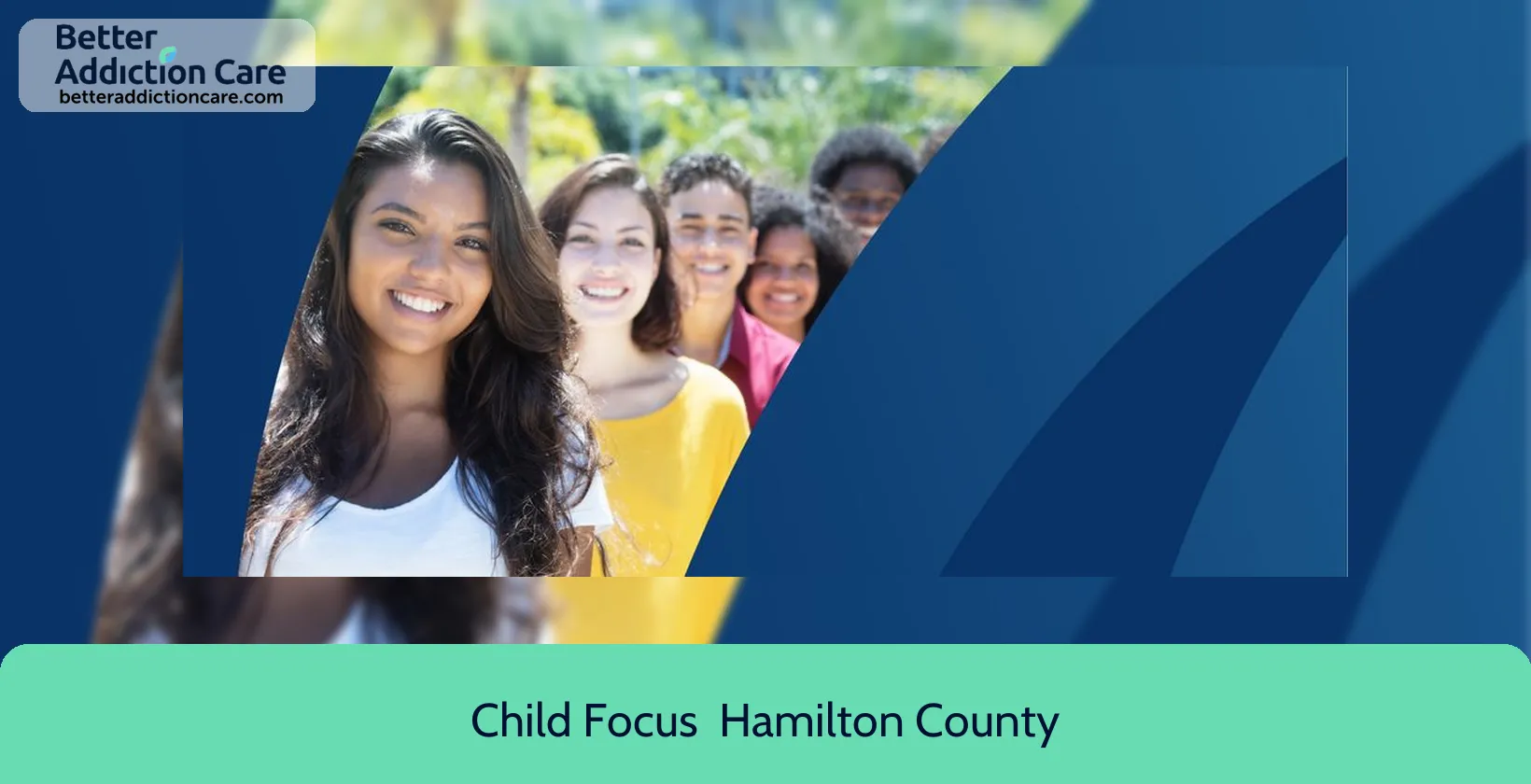






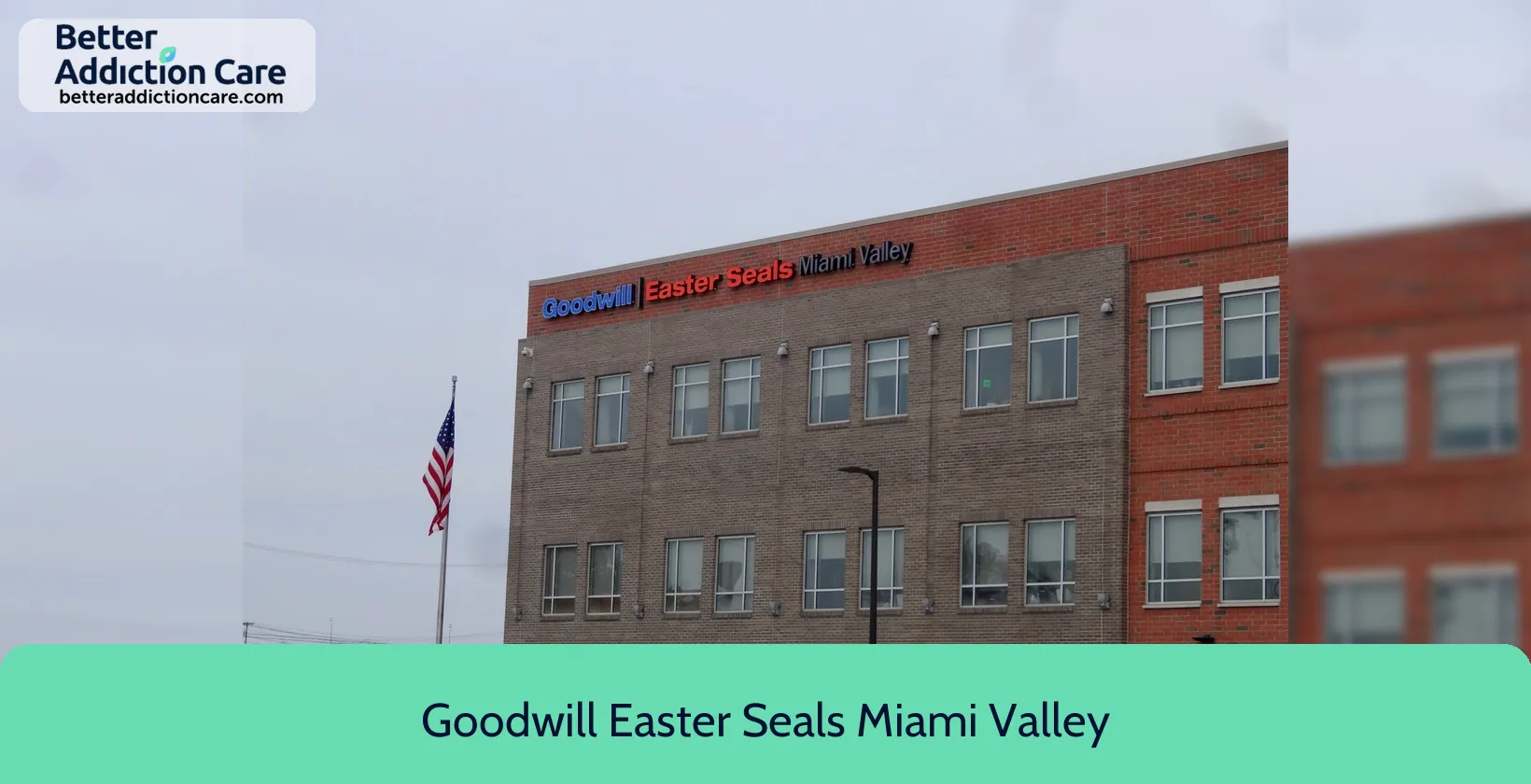










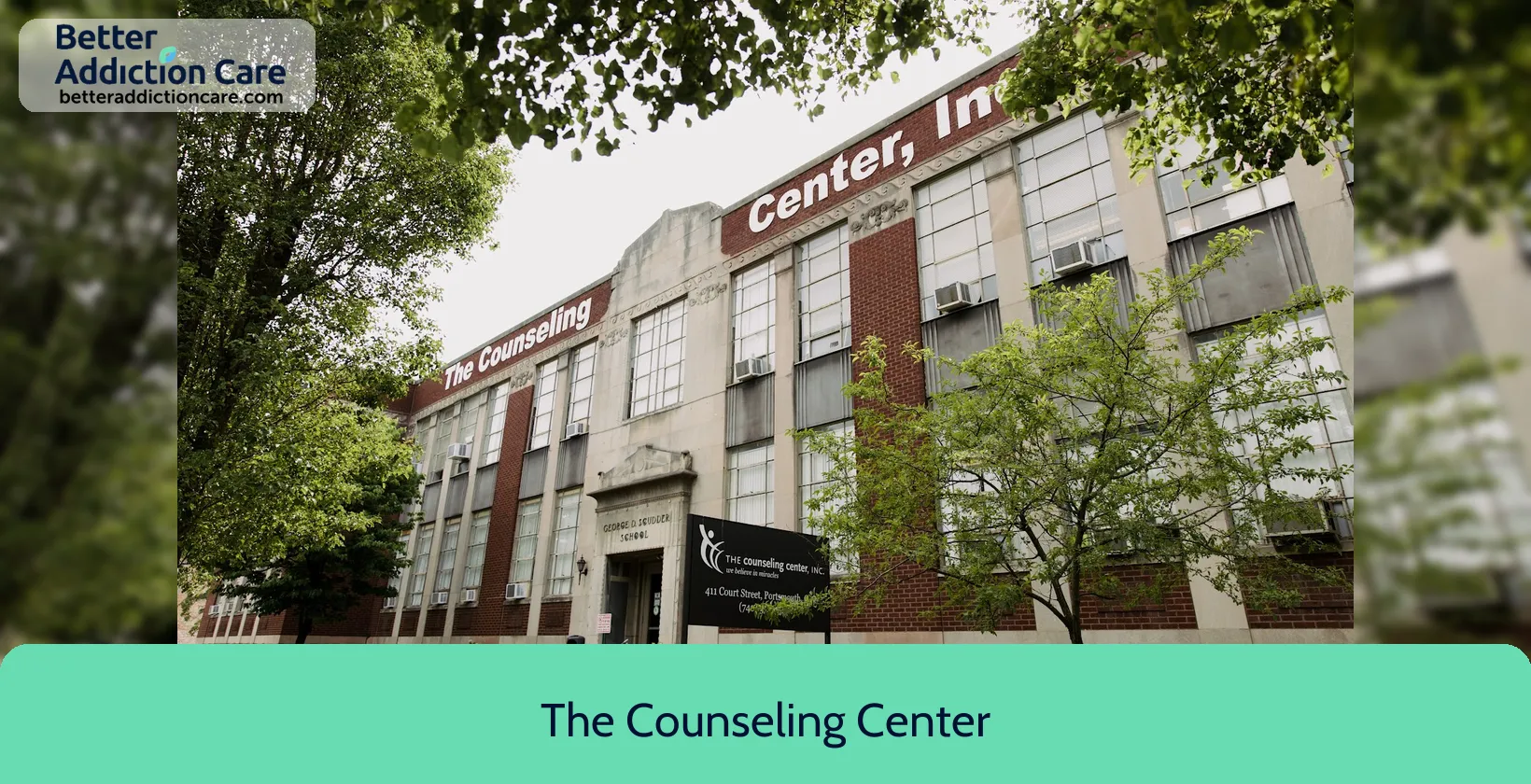

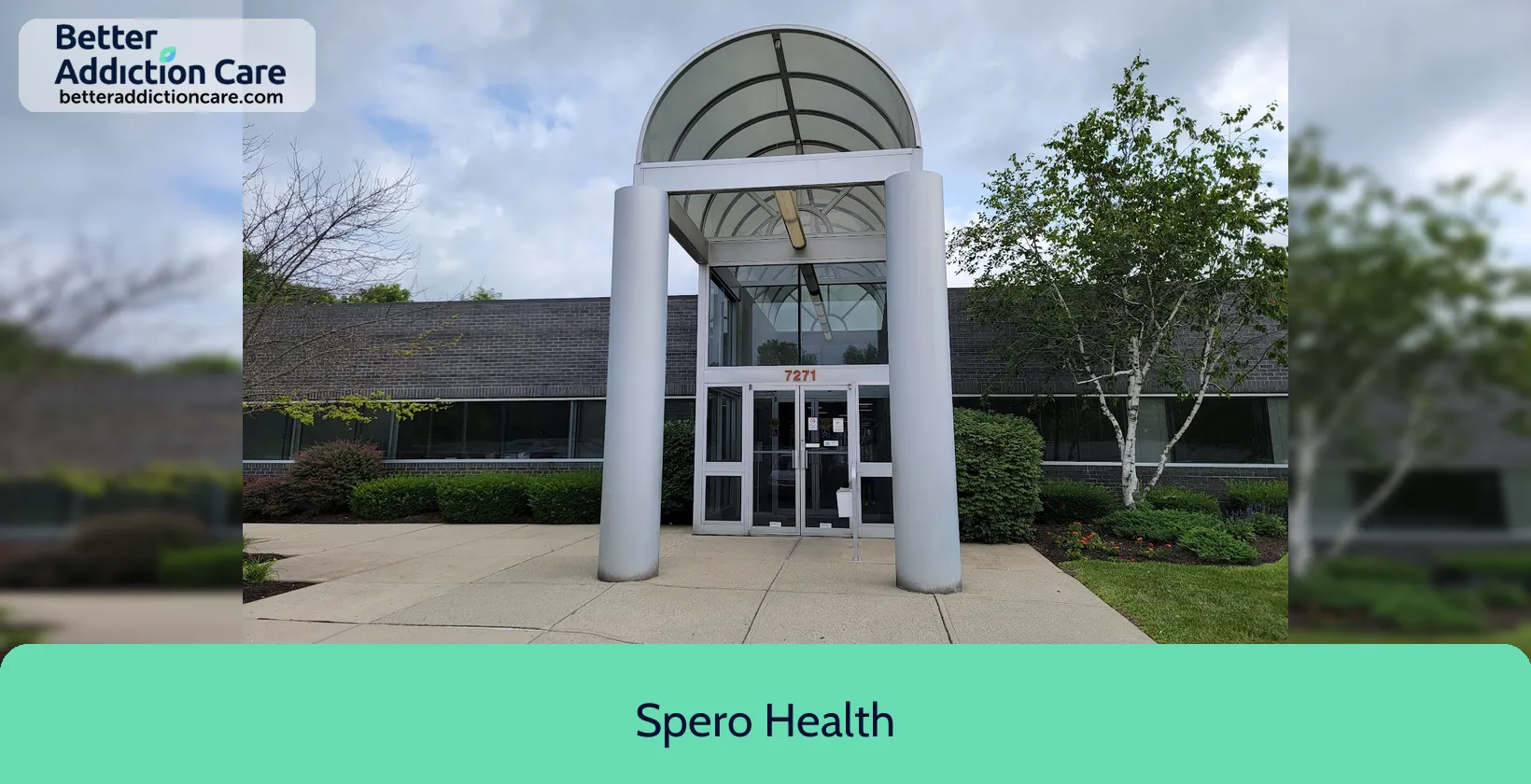

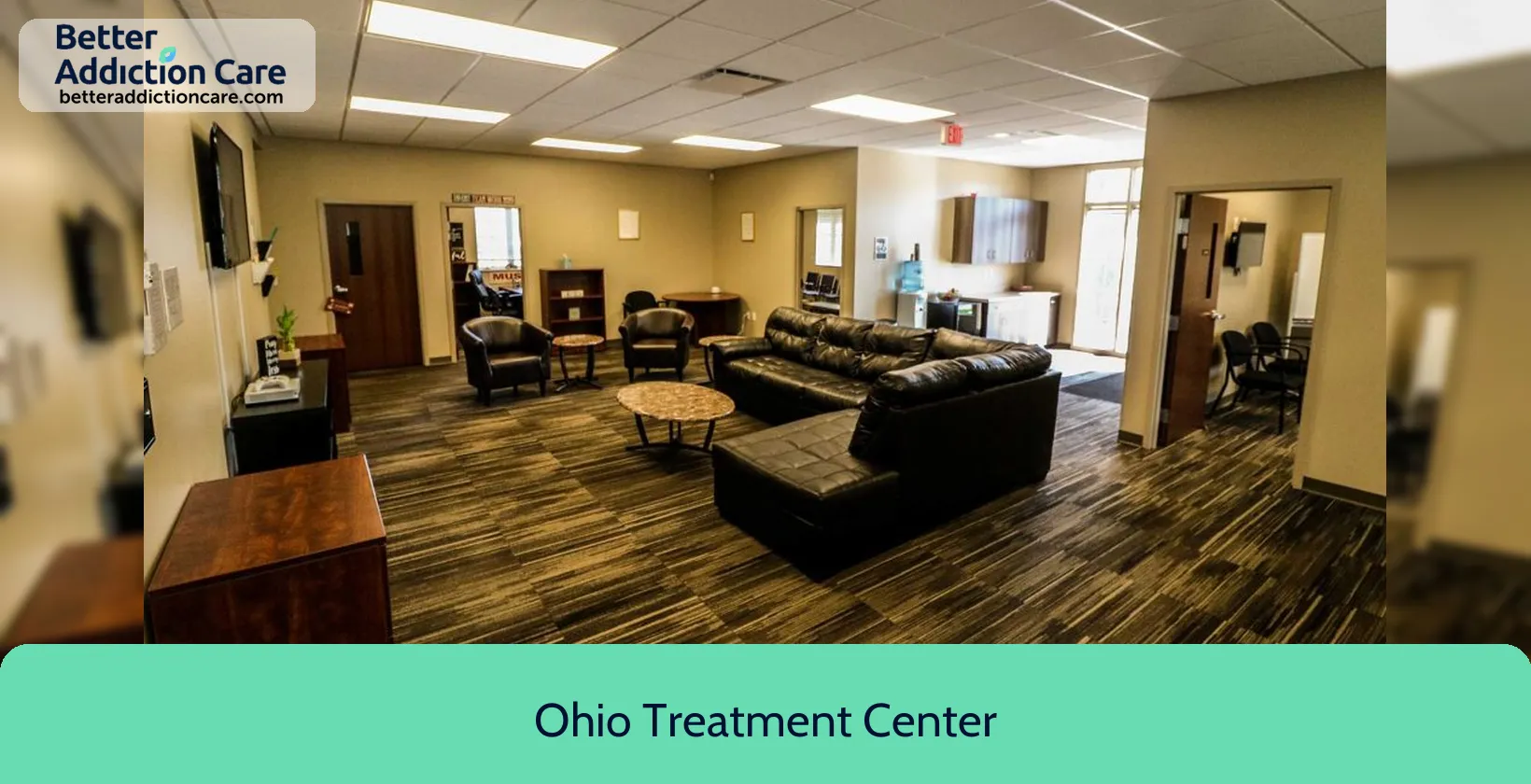
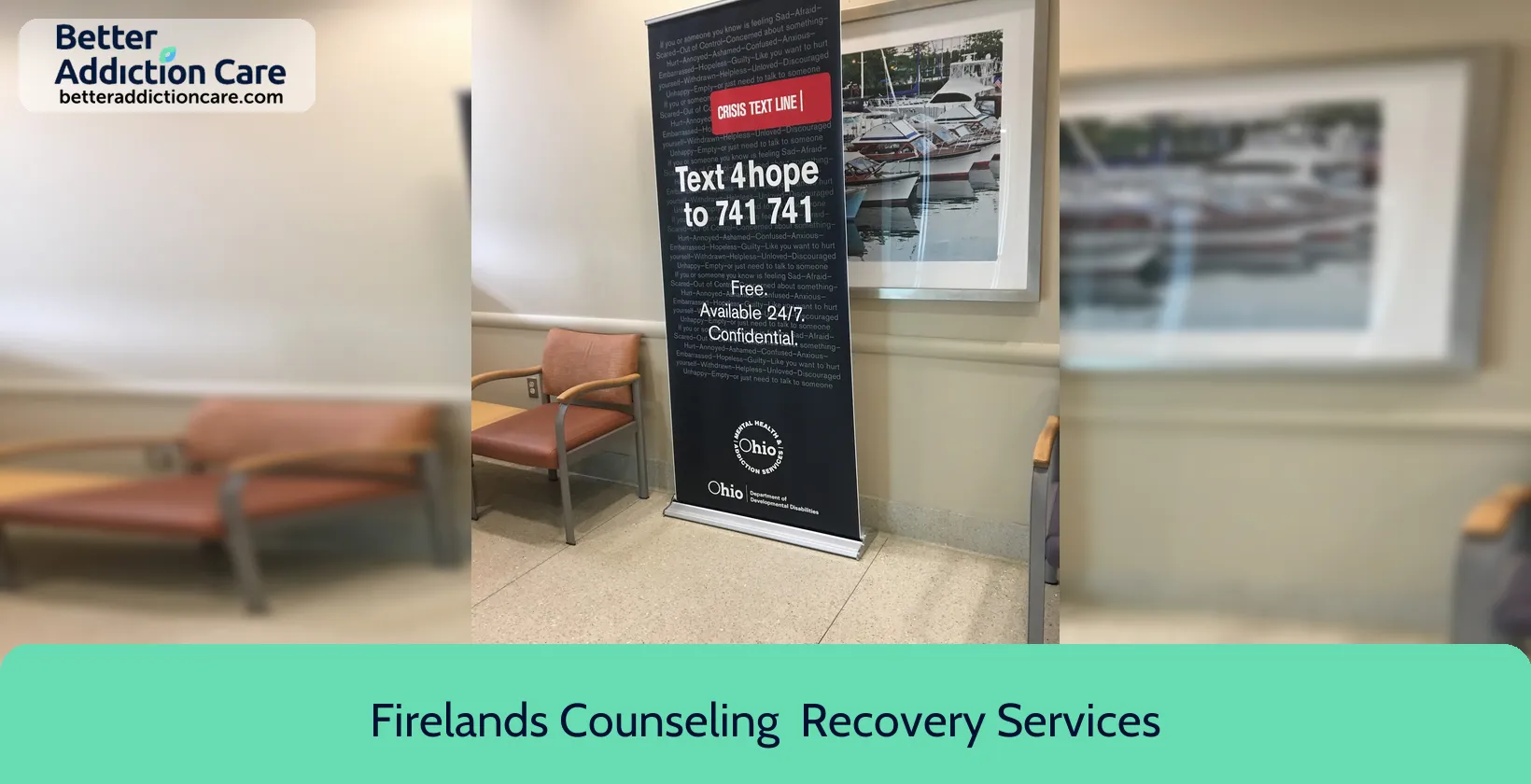
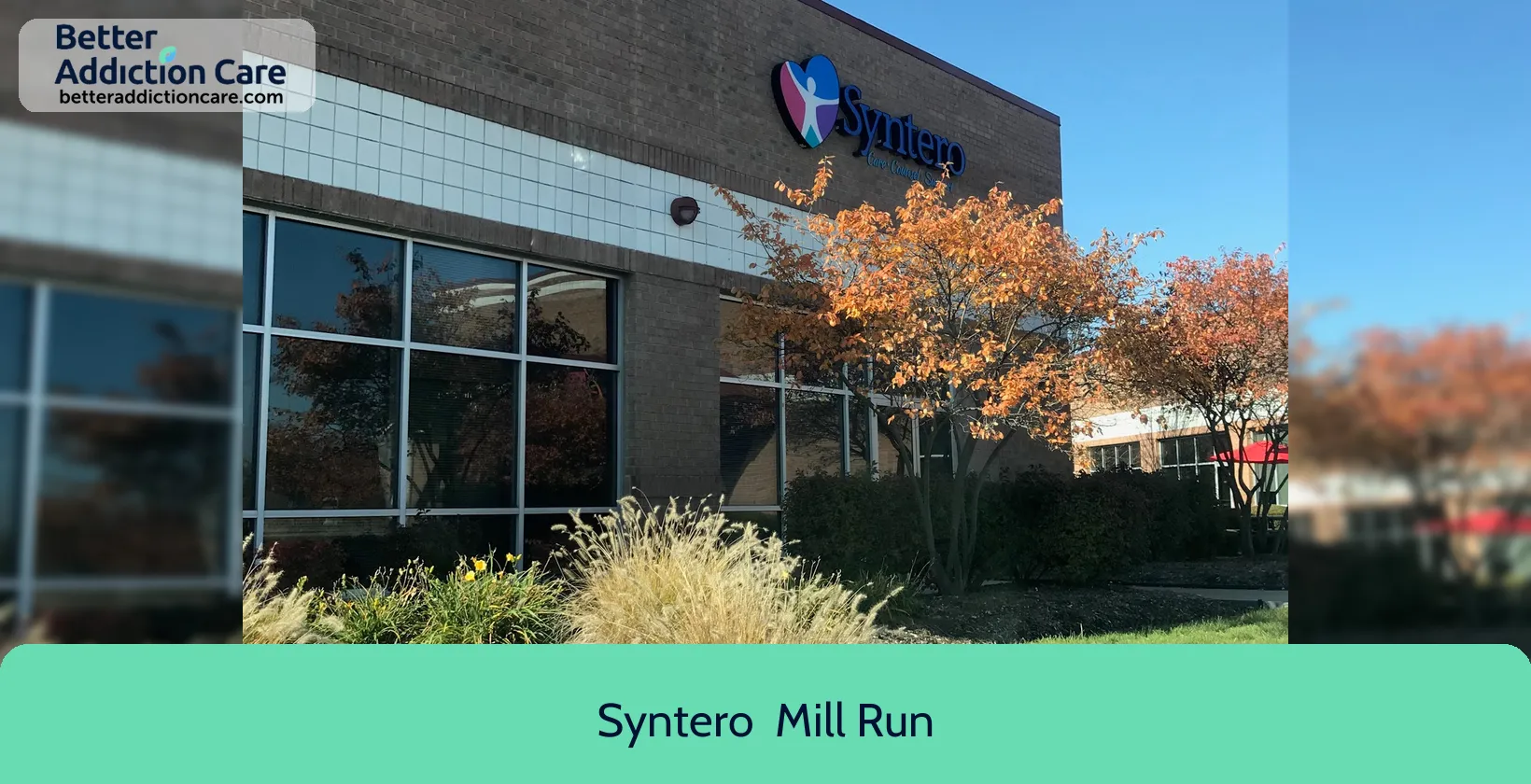
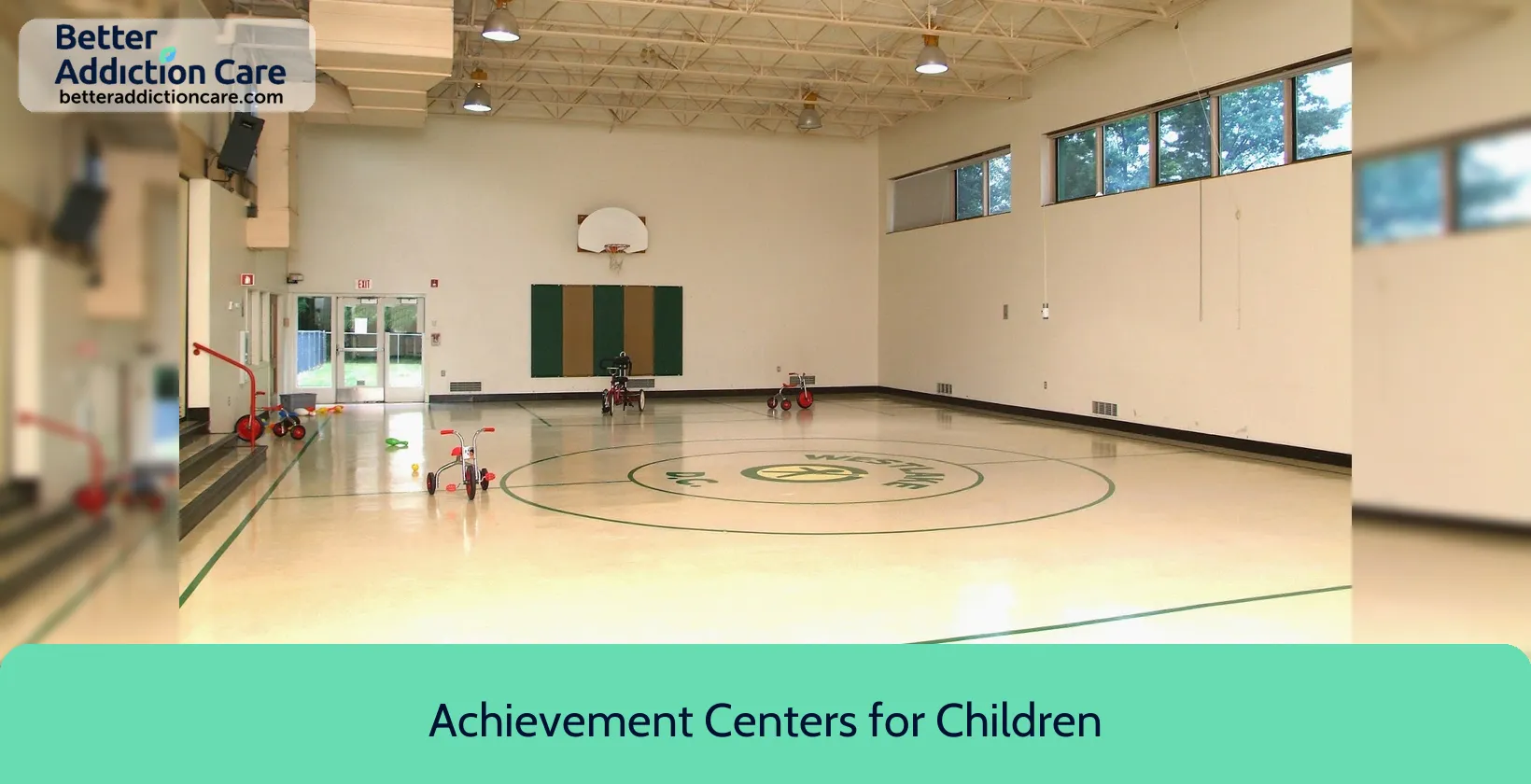






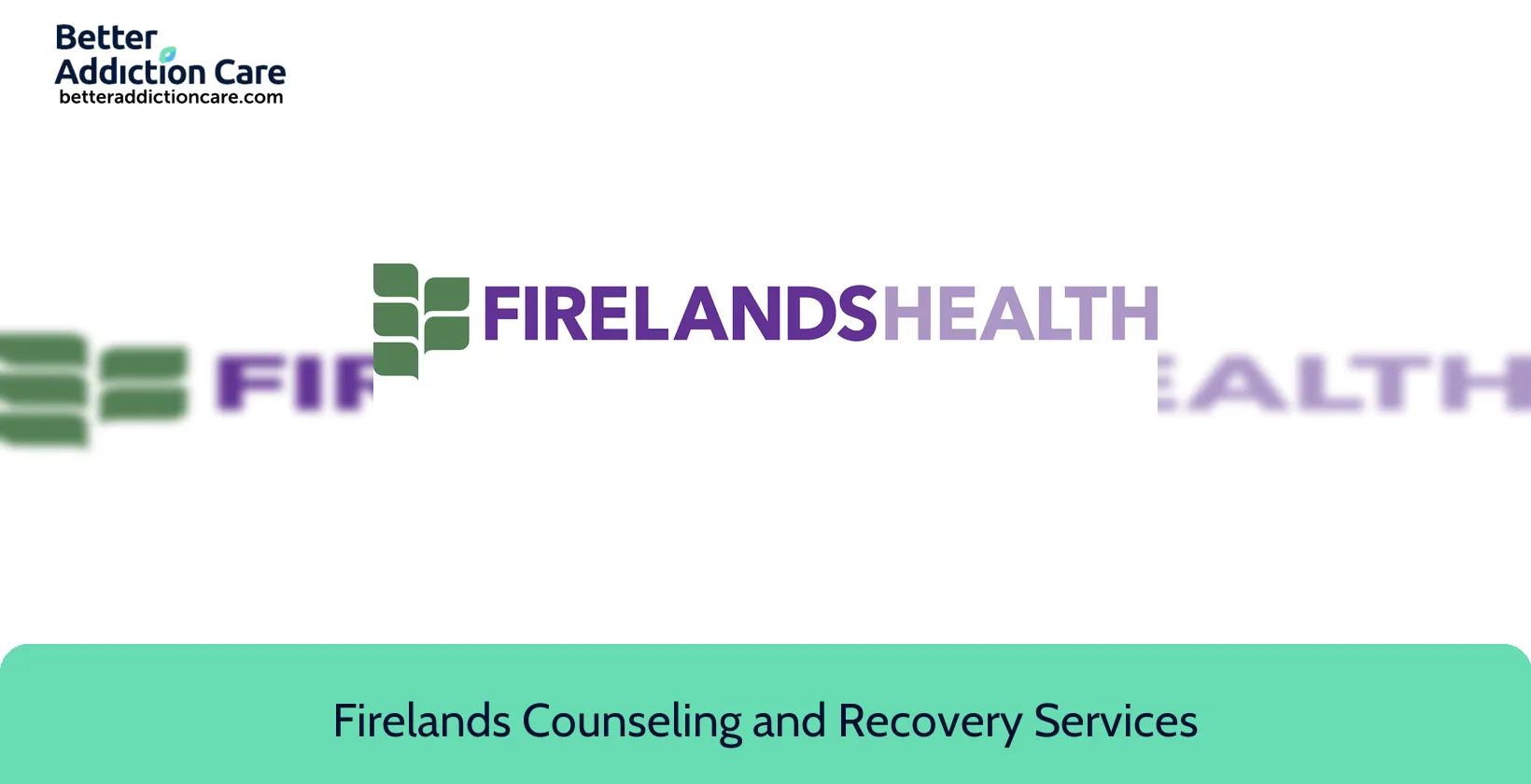

Substance Abuse Statistics for Ohio
In 2020, about 1.2 million people were reported to consume illegal substances in the state of Ohio. In 2023, 35 individuals out of one thousand died as a result of addiction. A significant majority of these deaths involved synthetic opioids like fentanyl, which is often laced with marihuana and other drugs, which can lead to fatal overdoses.
Although “Adderall” is the most frequently misused prescription, especially among teenagers, adolescents in Ohio are 4% less prone to drug consumption than in other states. Additionally, alcoholism is another common addiction found it the state, evidenced by the fact that approximately 18.5% of adults in Ohio reported binge drinking in the past month.
Understanding these statistics is crucial for grasping Ohio's substance abuse scope. It highlights the urgent need for effective treatment and recovery programs and underscores the importance of accessible, comprehensive care for those affected by substance use disorders.
How Many Rehab Facilities Does Ohio Have?
Ohio has an extensive number of rehabilitation facilities for different types of substance use disorders and mental health issues. There are 1,446 rehab centers available in the state, while there are 3,463 other facilities to manage mental health disorders.
Currently, 1,938 rehabs in Ohio work with Medicaid, 860 rehabs accept Medicare, and 1,171 accept private insurance, so several options are available based on your situation.
Substance Abuse Facilities
Substance abuse facilities in Ohio play a vital role in addressing the state's ongoing struggle with addiction. These centers offer a range of services, including inpatient and outpatient program that provides services of detoxification, counseling, and long-term support that are tailored to meet the diverse needs of individuals battling substance use disorders. With a focus on holistic recovery, these facilities provide both medical and psychological care, helping individuals not only overcome addiction but also rebuild their lives.
Mental Health Facilities
Mental health and rehabilitation centers are close to mental health issues, necessitating a comprehensive approach to treatment. Many individuals with substance use disorders also suffer from mental health conditions, such as anxiety, depression, and post-traumatic stress disorder (PTSD), which must be addressed simultaneously for adequate recovery. Integrated treatment programs within these centers employ multidisciplinary teams of professionals, including psychiatrists, psychologists, therapists, and addiction specialists, who provide care that considers all aspects of a person's well-being. These centers must offer medication management, family therapy, peer support groups, and robust aftercare programs, which are crucial for sustained recovery and long-term mental health support.
How Much Do Rehab Facilities in Ohio Cost?
The average total cost of substance abuse treatment in Ohio is $56,688. The rehab prices depend on the time of stay and the type of program needed (inpatient vs. outpatient rehab). Below, you may find helpful estimations based on a 30-day-program:
Inpatient
-
$629.87 per day without insurance coverage
-
$251.95 per day with 60% insurance coverage
-
$125.90 per day with 80% insurance coverage
Outpatient:
-
$56.83 per day without insurance coverage
-
$22.70 per day with 60% insurance coverage
-
$11.37 per day with 80% insurance coverage
Types of Rehab Facilities in Ohio
Ohio has some of the most outstanding rehab centers in the country. Additionally, there are different types of rehab centers to help people recover from addiction and mental health issues. Each type of center offers different levels of care and support, as shown in the table below:
|
Feature |
||||
|
24/7 service |
Yes |
No |
No |
No |
|
Detoxification |
Yes |
Yes |
Yes |
Yes |
|
Continue normal life (Work, school, etc) |
No |
Yes |
Yes or no depending on preferences |
Yes |
|
Comfortable and luxury amenities |
No |
No |
Yes |
No |
|
Group therapy |
Yes |
Yes |
Yes |
Yes |
|
Family therapy |
Yes |
Yes |
Yes |
Yes |
Ohio Rehab Insurance
In Ohio, accessing rehabilitation services for substance abuse requires a clear understanding of your health insurance coverage. Various insurance plans, including those offered by private companies and government programs like Medicaid and Medicare, provide different levels of coverage for these crucial treatments. It’s essential to review your specific plan details, including in-network requirements and potential out-of-pocket expenses, to ensure you can receive the necessary care while managing costs effectively.
It’s also important to note that Ohio’s insurance landscape includes a variety of providers, each offering different levels of coverage and benefits. Taking the time to compare plans and speak directly with your insurance provider can help ensure that you’re fully aware of your coverage options. This proactive approach will allow you to access the necessary care while minimizing financial strain, whether seeking treatment for yourself or a loved one.
Some examples of insurance companies offering rehab coverage in Ohio are:
-
Medicare (for eligible individuals)
Choosing the Right Rehab Center in Ohio
When choosing a rehab facility, you should focus on some steps to address the best decision possible according to what you might need or what you want for a comfortable recovery:
|
Factor |
Step 1 |
Step 2 |
|
Location |
Evaluate proximity to home |
Choose an environment (urban or rural) |
|
Cost/ Insurance |
Determine your budget |
Evaluate coverage of Medicare, Medicaid or private |
|
Accreditation/ Licensing |
Check if it's accredited by reputable regulation agencies such as the Joint Commission Accreditation or Commission on Accreditation of Rehabilitation Facilities (CARF) |
Check if it has good professionals |
|
Specialized programs |
Check if it has programs for veterans, adolescents, gender-based |
Check the reviews about the specialized programs. |
Explore the Best Ohio Rehabs
Choosing the right rehab center in Ohio is one of the most crucial steps in your journey toward recovery. With numerous facilities offering diverse and specialized treatments, individuals can be overwhelmed by finding the right rehab center. By carefully considering factors like location, cost, accreditation, success rates, and the availability of specialized programs, those seeking help can ensure they select a center that provides the best chance for successful and sustained recovery. This thoughtful approach can significantly impact the effectiveness of treatment and the overall recovery journey.
Local Rehabs in Ohio
Common Questions About Better Addiction Care
Take a look at our FAQ. We've tried to fill it with all the answers you're looking for. And if not, contact us on (800) 429-7690.
On average, the total cost of substance abuse treatment in Ohio is $56,688. Similarly, The price of inpatient rehab per day for individuals without insurance is $629.87, while the cost for outpatient rehab per day without insurance is $56.83. Furthermore, low-cost rehab centers could be a good alternative for people with financial issues.
Addiction often begins with the voluntary use of a substance, such as drugs or alcohol, that provides a sense of pleasure or relief. Over time, repeated use can lead to changes in the brain's reward system, making it increasingly difficult to feel pleasure without the substance or behavior. These brain changes can affect a person's ability to make decisions, control impulses, and manage stress, leading to a cycle of dependence and compulsive use. Factors such as genetics, environment, mental health, and early exposure can also contribute to the development of addiction.
Yes, addictions can run in families, and genetics can play a role, but it's not the whole story. While there is evidence suggesting that tendencies like alcoholism can be influenced by genetics, it's important to understand that the environment also plays a crucial role. If a grandparent was an alcoholic and emotionally distant, this could create a cold, unsupportive environment for their child. That child might then turn to substances for comfort, repeating the pattern. When this cycle continues, it can seem like addiction is purely genetic, but it's also heavily shaped by the environment and behaviors passed down through generations.
